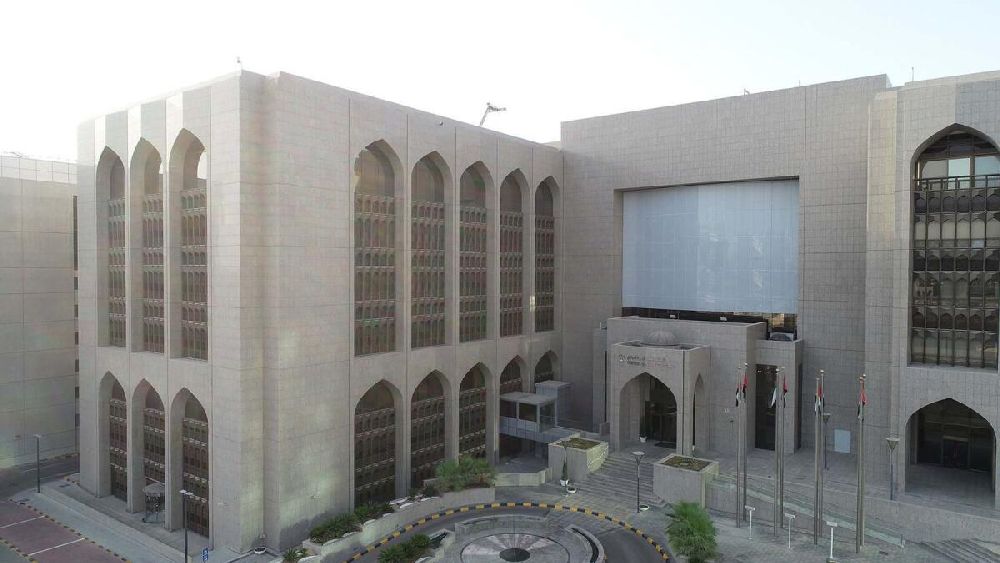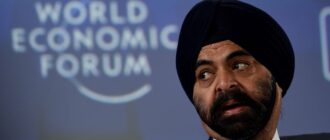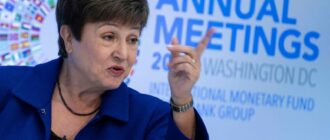
.
Borrowing cost is set to rise in the UAE and other Gulf countries in the coming week as the US Federal Reserve is expected to hike rates by 75 bps yet again.
Since the UAE and other GCC countries’ currencies are pegged to the US dollar, regional central banks follow the Fed to increase the rates and vice-versa. The UAE had hiked the base rate applicable to the overnight deposit facility by 75 basis points in July after the Fed’s rate hike.
Following the stronger-than-expected inflation data on Tuesday, the Federal Reserve will raise the Fed Funds target rate by 75bp to 3.25-3.50 per cent at Wednesday’s meeting, says James Swanston, economist for the Middle East and North Africa at Capital Economics.
“Gulf central banks, by virtue of their dollar pegs, will follow suit. The so-called ‘impossible trinity’ means that, because of the commitment to fixed exchange rates and the free movement of capital across borders, interest rates in the Gulf must follow those in the US. Further ahead, we think the Fed will tighten policy by at least a further 75bp by year-end, but as we’ve noted before, oil prices rather than interest rates tend to be the main driver of credit growth in the Gulf,” says Swanston.
“We also hold a non-consensus view that the Central Bank of Egypt will resume its tightening cycle,” he added.
ALSO READ:
- Taking a loan in UAE? Do it now before interest rates rise further, residents told
- Steep Fed rate hike seen as certainty after ugly inflation data
- US: Wall Street drops to two-month lows as recession fears mount
Edward Bell, senior director for market economics, Emirates NBD Research, said a 75 basis points (bps) hike at the September Fed meeting appears a given and there is a strong chance of another 75 bps at the November meeting as well though there will be another inflation, jobs and GDP print before then for the Fed to consider.
“For now, we will hold our view that the Fed hikes by 50 bps in November and December though the risks are overwhelmingly on the upside given how sticky inflation appears to be and how relatively robustly the economy is performing. We also project at least two 25 bps hikes in 2023 which would bring the Fed Funds rate up to 4.75% by the mid-point of next year at which point they will likely pause before considering any easing in policy,” said Bell.
Simon Ballard, chief economist, First Abu Dhabi Bank, said the focus of GCC markets next week will once again be firmly on global rates.
He added that inflation remains stubbornly high, therefore, central banks will continue to tighten monetary policy well into the restrictive territory and this, in turn, will lead to inevitable stagflation – and later recession – conditions in the US and Europe.










